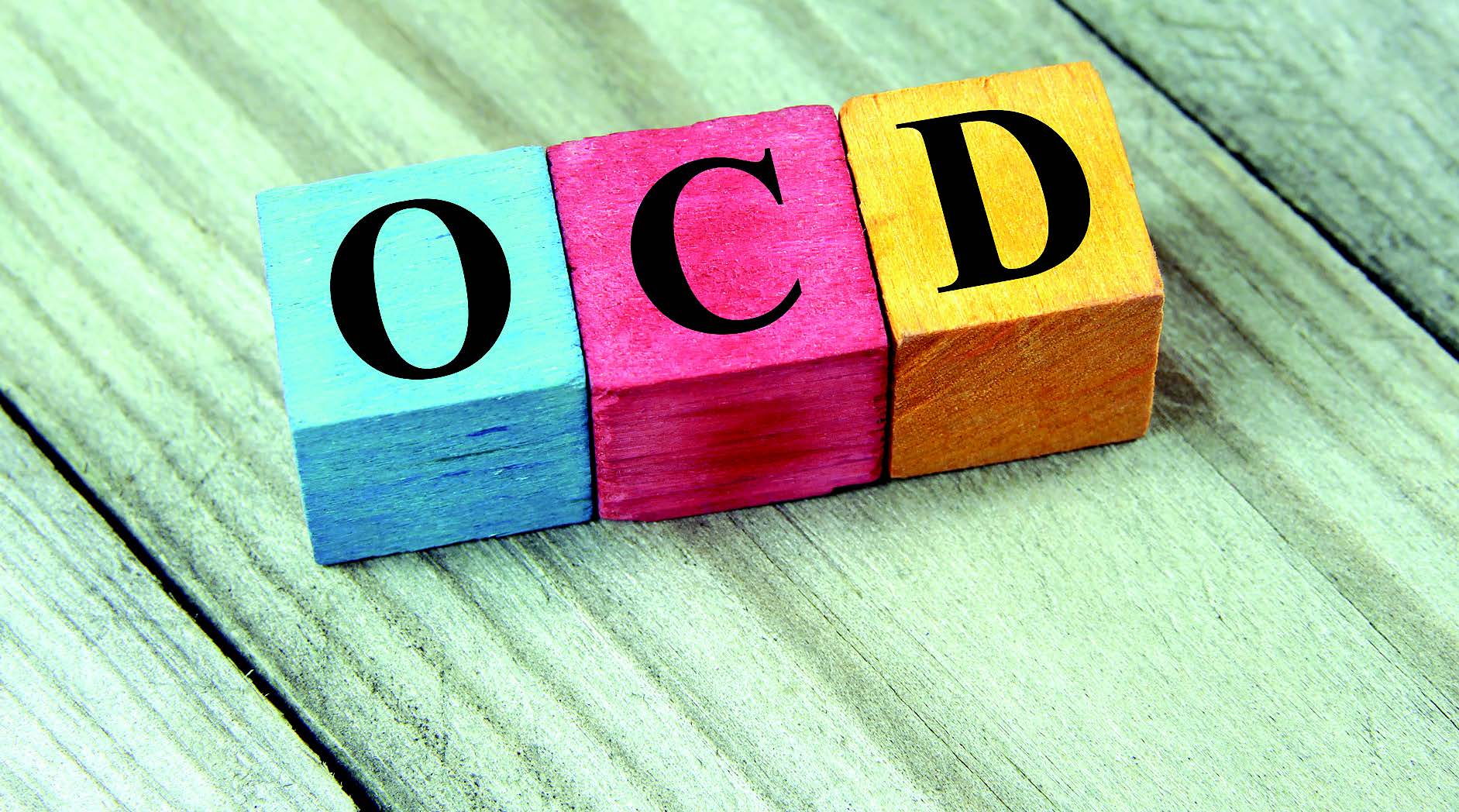Obsessive compulsive disorder (OCD) is a mental health condition characterized by obsessions, which are unwanted and intrusive thoughts, and compulsions, which are repetitive behaviors or mental acts that an individual feels driven to perform. These obsessions and compulsions can interfere with an individual’s ability to carry out daily activities and can cause significant distress.
According to the DSM-5, the diagnostic manual used by mental health professionals, the criteria for a diagnosis of OCD include the following:
- The individual has obsessions, which are recurrent and persistent thoughts, impulses, or images that are unwanted and cause anxiety or distress.
- The individual has compulsions, which are repetitive behaviors or mental acts that the individual feels driven to perform in response to the obsessions.
- The obsessions and compulsions cause significant distress or impairment in social, occupational, or other important areas of functioning.
- The obsessions and compulsions are not due to the effects of a substance, or to another medical condition or mental disorder.
It is important to seek help if you or someone you know is experiencing symptoms of OCD. Treatment for OCD can include medication, therapy, and self-help strategies.
Medication, such as selective serotonin reuptake inhibitors (SSRIs), can help to reduce the symptoms of OCD. These medications work by increasing the levels of serotonin in the brain, which can help to reduce the frequency and intensity of obsessions and compulsions. Additionally, Ketamine therapy has been show to be highly effective in treating OCD and other anxiety disorders due to its relatively fast-acting ability to reset negative feedback loops in the brain thought to be be involved in creating and maintaining anxiety-driven obsessions that lead to compulsive behaviors.
In addition to medication, therapy can be an effective treatment for OCD. A therapist can help an individual to better understand their thoughts and feelings, and to develop coping strategies for dealing with obsessions and compulsions. Cognitive behavioral therapy (CBT) is a type of therapy that can help to change negative thought patterns and behaviors that may be contributing to the OCD.
Self-help strategies, such as keeping a journal or practicing relaxation techniques, can also be helpful in managing the symptoms of OCD. These strategies can provide a sense of control and can help to reduce anxiety and distress.
While OCD can be a challenging condition to live with, it is important to remember that it is treatable. With the right combination of medication, therapy, and self-help strategies, many people are able to manage their symptoms and live fulfilling lives. If you or someone you know is experiencing symptoms of OCD, it is important to seek help from a medical or mental health professional.

